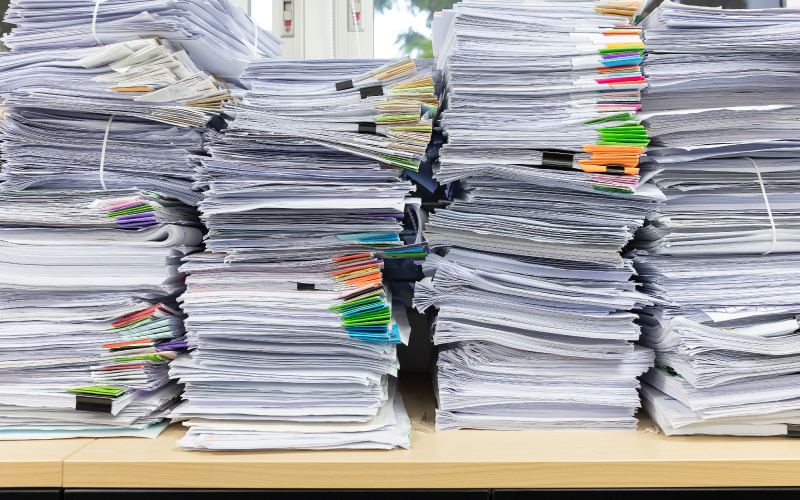In Billy Ocean’s top hit of 1985 “When the going gets tough, the tough get going” he probably didn’t realise his words would be so prophetic.
While some in the property industry coped well with the pressures of the past few months, many did not and the scuffles between agents and lawyers made the events at Wembley during the Euro 2020 final look like the Vicarage Road family stand at Watford.
As with the final, people are now engaged in hand-wringing about the causes of such hostility.
I don’t understand why people find this so difficult – it’s obvious.
Agents think some lawyers are brilliant but that most are “terrible”.
So what makes a terrible lawyer?
It’s all about perception
When talking to agents, we always ask them how they are finding things with other lawyers. We often receive pretty strong comments; “law firm X are absolutely cr*p and if we see their name on a memo we know we won’t get the deal through”.
Clearly a bit depressing.
But whether a lawyer is good or not does depend on the position you are looking from.
It’s like those pictures that hide two images; some see David Beckham scoring against Greece in the 2002 World Cup playoffs, whereas others just see an orange dress.
In our experience, agents define a good lawyer as someone who is responsive, raises a few enquiries quickly, keeps them updated and takes their calls.
However, the problem is that the quality of a lawyer is measured differently by clients and other law firms. Clients insist they must be thorough, cautious and protect their interests. Other law firms want them to be pragmatic, knowledgeable and efficient.
Finding all those qualities in a one person is actually a little tricky.
As agents know.
Person or organisation
A major challenge is whether it’s the lawyer that is good, or the environment they work in. We’ve hired outstanding lawyers who have left chaotic organisations because they stopped them from giving a decent service.
I read a piece recently by a lawyer who advised that clients should “only instruct a solicitor who uses paper files”.
Which is interesting and depressing in equal measure, as the use of paper is not a measure of quality.
In reality, this approach only increases the reliance and pressure on the individual. Which is great until we have a Stamp Duty holiday. Or they dare to go on a real holiday themselves. Suddenly, the brilliant lawyer is not so brilliant any more. Instead, they spending time on LinkedIn sharing the pain of endless hours and disenchanted clients.
We’ve seen fantastic individuals drag distinctly second-rate organisations up by their bootstraps on feedback sites. Mediocre Trustpilot reviews are set on an upward trajectory thanks to one individual lawyer. Until they leave the company that is.
Often, it’s not the individual lawyer that is failing to meet expectations, but the organisation. The business owner who refuses to invest in a case management system, hires junior staff or signs low-price deals with panel managers because they lack the ability to win work themselves.
Investment in technology and people enables lawyers to perform and reduces the pressures on them individually.
Which is the key problem we have seen during the recent excitement.
Working with other lawyers
So here’s the tricky bit.
Websites and social media profiles of law firms typically show a caring, intelligent and effective approach to the law. Often the harsh reality is very different. Bill McLaren, the Scottish rugby commentator used to talk the “argy-bargy” that goes unseen by the referee in a scrum, and working with some lawyers can often feel that way.
Solicitors who qualified during the reign of Queen Victoria tend to be particularly challenging. If they’re not quoting Latin, it’s getting bogged down in “unsolvable” legal problems. We’ve seen outstanding solicitors kill deals by refusing to yield on a technicality.
While we must represent our client’s interests, sometimes it’s forgotten that their key interest is to actually buy the property.
Clients can be a tough crowd
Last week a client asked for the CV of one of our solicitors. After visiting the Law Society website, they decided to use their family’s solicitor, because “even though you are a little cheaper, the additional experience is worth the additional cost”.
We heard the agent’s anguished cry down the phone as we informed him of our client’s decision.
Talk online is highlighting where clients have questioned the qualifications of individuals, indicating that being a solicitor is a more valuable currency.
Which would be fine, if, like the use of paper, a practising certificate was a measure of quality.
Conclusion
Like everything to do with property, rating lawyer performance is really tricky.
Quality is definitely in the eye of the beholder, so if you’re recommending lawyers, it’s worth reflecting on how they have performed over the past few months.
And whether they did measure up to the Prophet Billy’s words.
As published in Property Industry Eye: https://propertyindustryeye.com/opinion-the-best-lawyers-use-paper-files/

